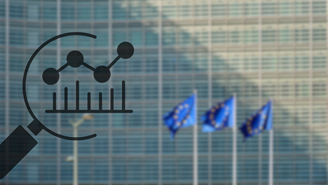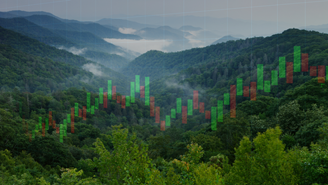This blog originally appeared on GES International’s website and has been republished following Sustainaltyics’ acquisition of the company on 9 January 2019. See the press release for more information.
In December 2017, the United Nations General Assembly adopted by consensus a resolution declaring 20 May as World Bee Day. Every year on this day, the attention of the global public will be drawn to the importance of preserving bees and other pollinators. People will be reminded of the importance of bees for the whole of humanity and invited to take concrete action to preserve and protect them. The resolution was co-sponsored by 115 UN Member States. Dejan Židan – head of the World Bee Day project and Deputy Prime Minister of the Republic of Slovenia stated:
“Bees and other pollinators finally have the place they deserve in view of their importance for the world and for humanity.”
Carla Mucavi, Director of the Food and Agriculture Organization of the United Nations (FAO) Liaison Office in New York, commented:
“Bees play a crucial role in increasing crop yields and promoting food security and nutrition. Without them, we could lose a variety of food such as potatoes, pepper, coffee, pumpkins, carrots, apples, almonds, tomatoes, just to name a few. In short, without bees, FAO cannot achieve a world without hunger.”
In fact, according to the UN Food and Agriculture Organisation of the 100-crop species which provide 90% of global food, 71 are pollinated by bees.
20 May was chosen for two reasons, firstly May is the month in the Northern Hemisphere when bees are most active, and 20 May coincidently is the birthdate of Anton Janša (1734–1773), a pioneer of modern beekeeping and one of the greatest experts in this field in his day. He was the first teacher of modern beekeeping anywhere in the world and published two books on the subject.
Neonicotinoids
The European Union made a contribution to World Bee Day when in April 2018 it banned the outdoor use of neonicotinoid pesticides, following an assessment by the European Food Safety Authority (EFSA).
On 17 May, an EU court upheld the partial ban, stating that the European Commission had been right to restrict their use in order to protect bees and that the European’s Union’s precautionary principle could be applied if there was scientific uncertainty about risks to human health or the environment. An appeal had been lodged by Germany’s BASF and Switzerland’s Syngenta who collectively have three of the main neonicotinoid-containing products which are now restricted.
Neonicotinoids are a class of neuro-active insecticides, effectively neurotoxins, which act upon the central nervous system, leading to nervous stimulation, disorientation and blocked receptors – the effects are irreversible. They affect a bee’s behaviour, such as foraging and navigation, but can also cause death. However, we should include a word of caution from Dave Goulson of the University of Sussex, UK:
“If these neonicotinoids are simply replaced by other similar compounds such as sulfoxaflor, cyantraniliprole and flupyradifurone (all new systemic insecticides), then we will simply be going round in circles,” he said. “What is needed is a move towards truly sustainable farming methods that minimise pesticide use, encourage natural enemies of crop pests, and support biodiversity and healthy soils.”
Let us all hope that this is a move toward more sustainable farming practices. But the last word should go to Anton Janša who wrote:
“Bees are a type of fly, hardworking, created by God to provide man with all needed honey and wax. Amongst all God’s beings there are none so hard working and useful to man with so little attention needed for its keep as the bee.”
Sources
UNEP, Global Honey Bee Colony Disorders and Other Threats to Insect Pollinators (Nairobi, 2010); Michelle Allsopp and others, Plan Bee — Living Without Pesticides: Moving Towards Ecological Farming (Amsterdam, Greenpeace, 2014).
EFSA: “Neonicotinoids: risks to bees confirmed”
Anton Janša, 1775: A full guide to Bee-keeping”




